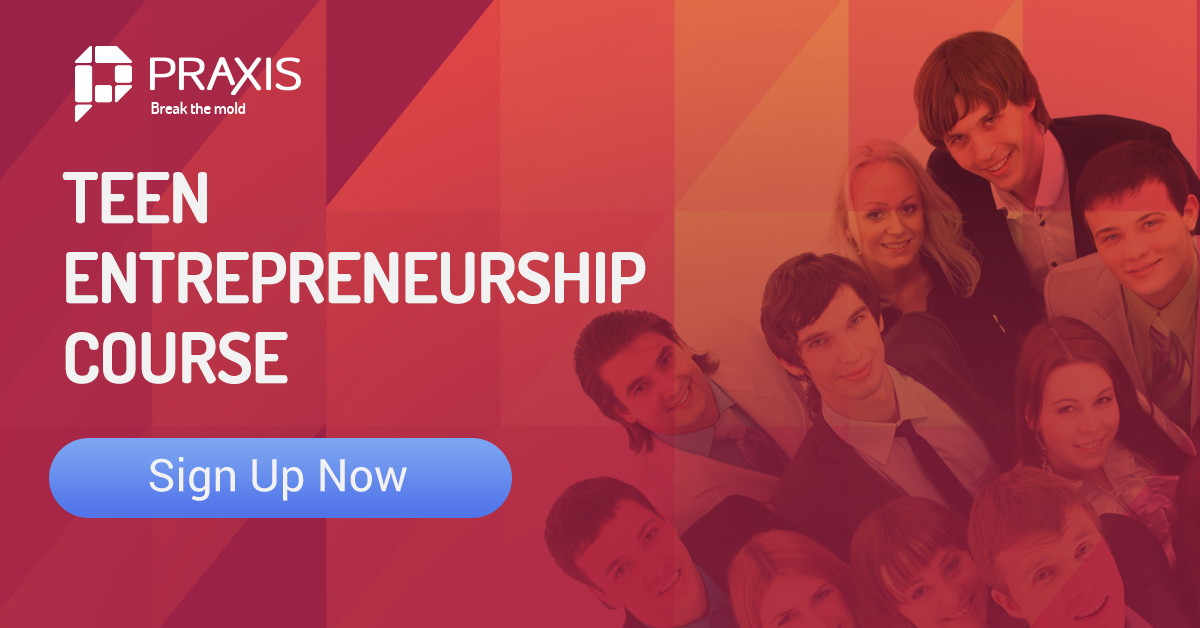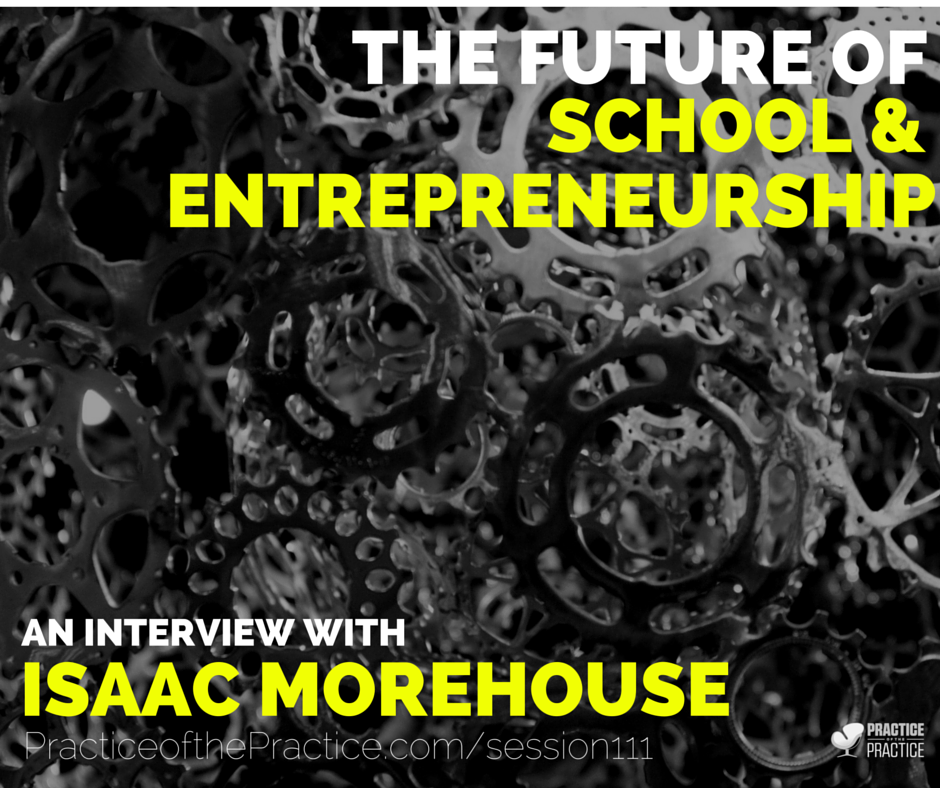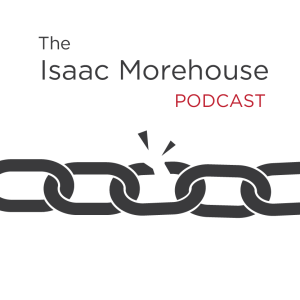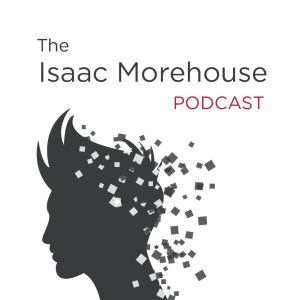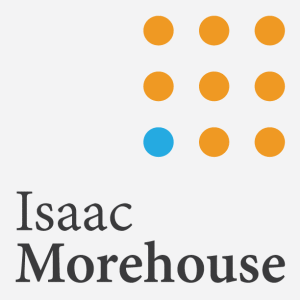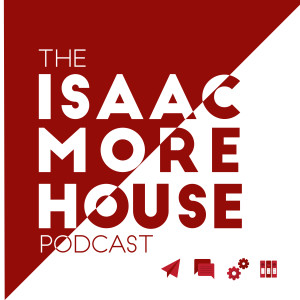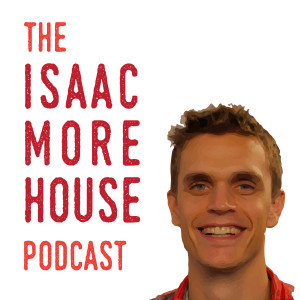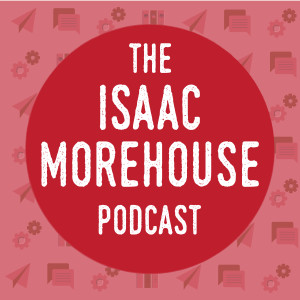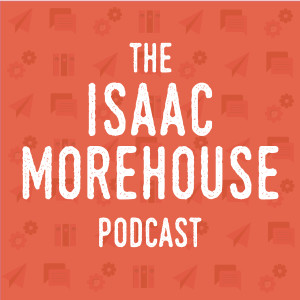Last week I asked for people to send me some bucket list items – things they want to do before they die.
I got some great stuff in response. Matthew Hartill won the books via the random selection process (my ten-year-old kid picking a number).
Thanks to everyone who played! Here’s a compilation of submissions. I’ve anonymizes, slightly edited, and combined similar items. Maybe you can take inspiration from a few of these…
- Become fluent in one romance language, and one language with a (very) different alphabet
- Live in 4 foreign countries for a period of 6 months or more
- Create, launch, and flip a business from start to finish
- Create, launch, and maintain a business from start to finish
- Hike sections of the Appalachian Trail, Pacific Crest Trail, and Continental Divide Trail
- Vastly improve my skills and be a ____ bum for my three favorite extreme sports (rock climbing, surfing, and skiing)
- Get good enough at code and computer programming to keep up with my imagination
- Make a crucial impact in one or more charitable organizations that I admire
- Reach a place of spiritual comfort; whether that be through meditation, religious practice, or anything else
- Travel
- Fall in love
- Create a successful business that changes the world.
- Have a child, and/or adopt a child
- Meet Bob Dylan
- Meet Mike Rowe
- Live in the house of my dreams
- Be a pilot
- Participate in Praxis
- Graduate high school a year early
- Stay frugal, stay giving, despite income growth
- Reach 50,000 hits on an article
- Drop acid with Tim Ferriss
- Legitimately learn Spanish and maintain fluency
- Finally write my stand-up comedy sketch and prove to myself that girls can be funny
- Do a scorpion shot a la James Bond in Skyfall
- Deadlift twice my body weight
- Climb Mount Kilimanjaro (and post-Kilimanjaro, complete a Bang Bang Bang in the style of Louis C.K. — three consecutive full meals, consumed all in the same timeframe)
- Visit Meteora Monasteries
- Start a ministry in a city that has never heard the Gospel before
- Visit a country currently listed as “3rd world”, then visit it when it becomes 1st world
- Write a novel
- Give a sermon
- Be a part of a metal band’s album or tour
- Buy something for my child, in cryptocurrency, from a major department store
- Win a baking competition
- Travel to space in a commercial flight
- Slam dunk a basketball while in my 30s
- Watch the University of Minnesota Golden Gophers football team win the Rose Bowl


